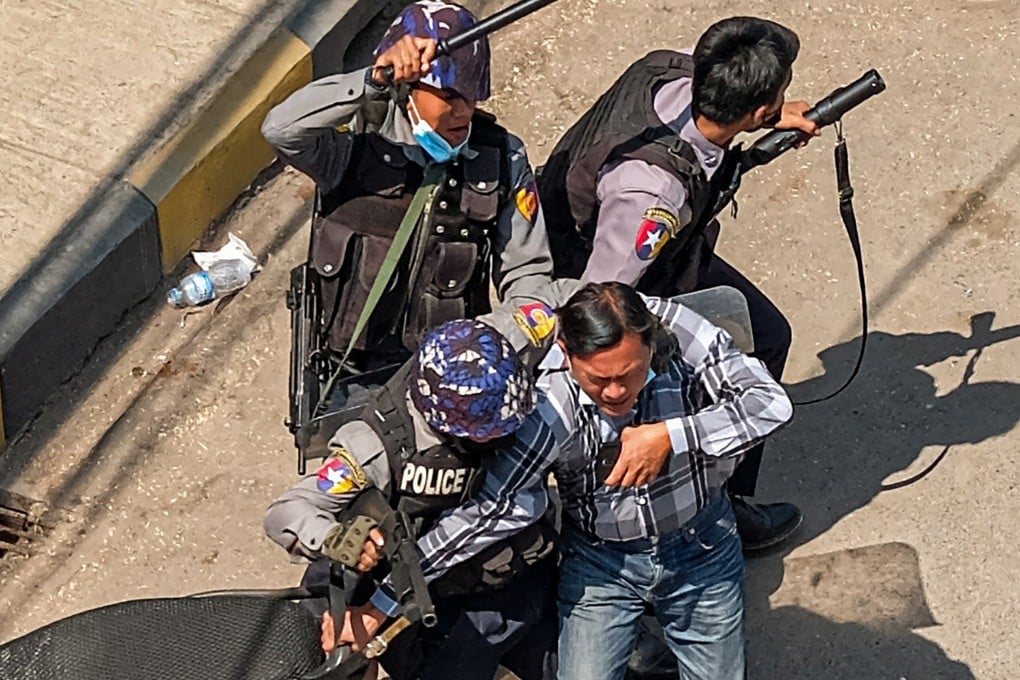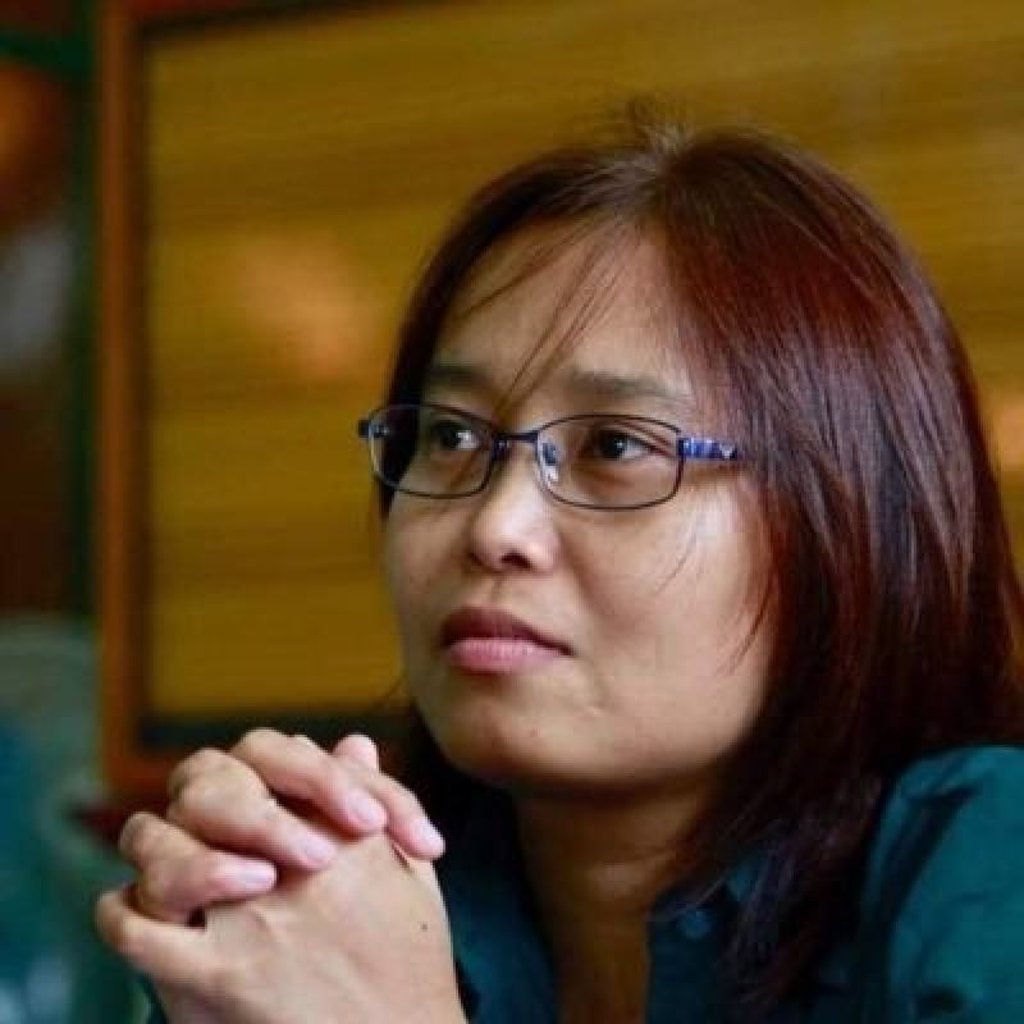Exclusive | Myanmar’s NUG Foreign Minister Zin Mar Aung wants China to pressure junta generals to prevent prolonged armed conflict
- Myanmar’s parallel civilian government is encouraging Beijing and other regional players to step up pressure on military junta
- The National Unity Government’s Foreign Minister Zin Mar Aung is urging the international community to intervene to prevent escalating military violence

In a wide-ranging interview with the Post, the National Unity Government’s (NUG) Foreign Minister Zin Mar Aung said the administration was eager to engage with all foreign governments openly, and was not taking an antagonistic stance towards any particular external party.

Since its formation shortly after the coup, the NUG – comprising ousted leaders who are either currently in exile or hiding – has engaged with a range of Western and Asian governments.
Some observers say open talks with the NUG is an important step that the international community should consider amid increasing signs that the junta chief Min Aung Hlaing has no intention of abiding by a peace road map he agreed to last year.
The NUG sees itself as the de jure and de facto government of the country.